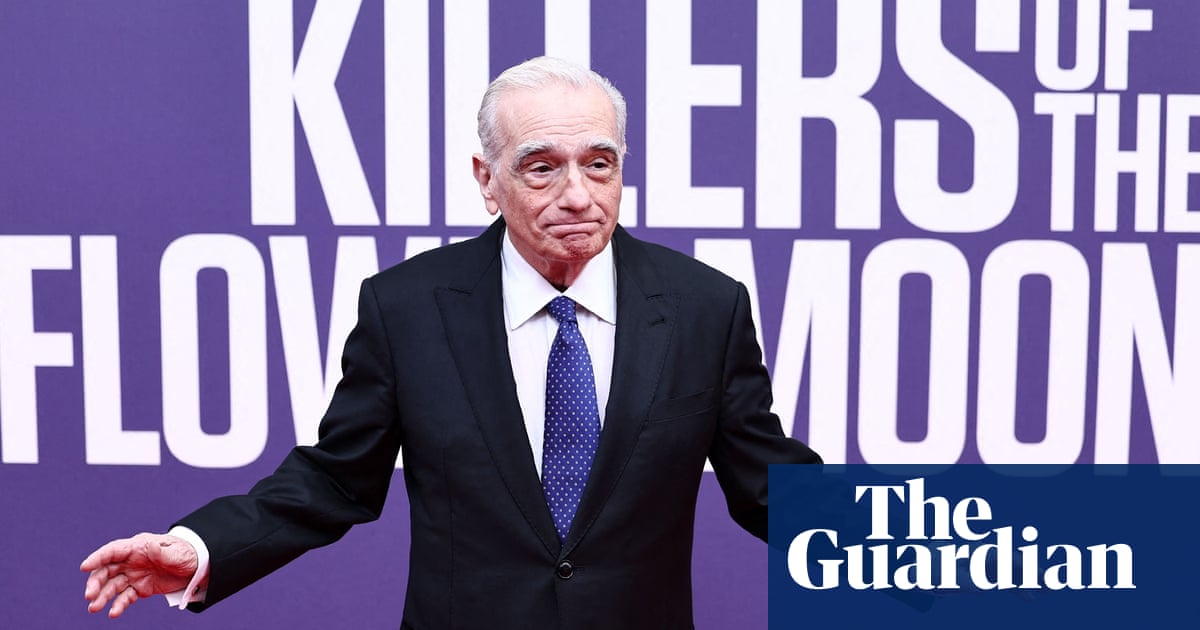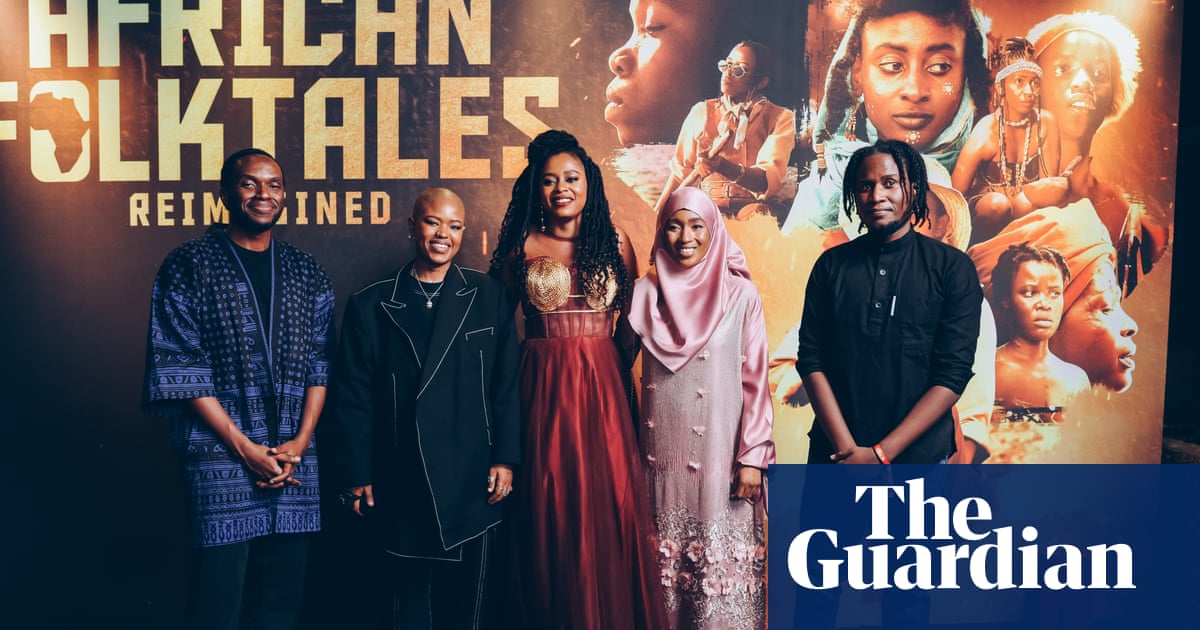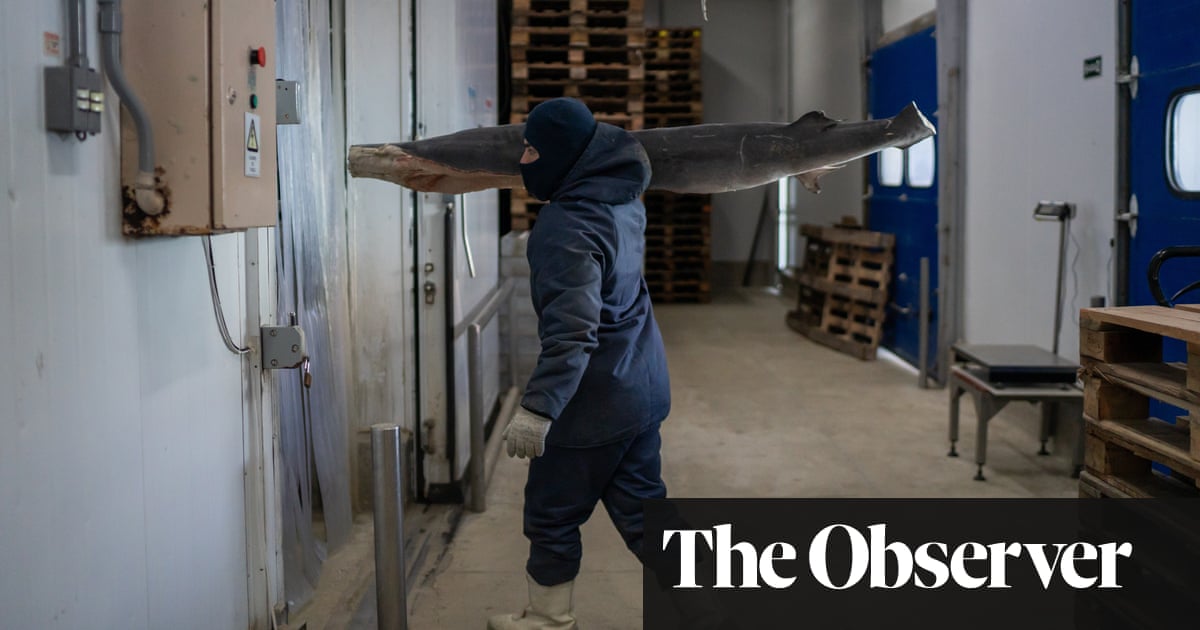
This week, the award-winning makeup artist Bjørg Serup made her bitter public farewell to the Danish film industry.
“I am on sick leave with a work injury due to serious stress and cannot expect to be able to return to the film industry or any other full-time job again,” she wrote in an article published in Ekko, the country’s film industry magazine.
The reason? Stress-related cognitive impairment, which she blamed on the way production times and budgets have been slashed to meet the current near-bottomless demand for Danish drama.
This year, Serup started working on the return of director Lars Von Trier’s 90s cult hospital comedy The Kingdom, which she enjoyed, and last year she did the makeup for the award-winning real-life crime miniseries The Investigation, and the Norwegian royal drama Atlantic Crossing.
It was this summer, after a historical drama she was working on was postponed causing it to clash with another project, that she fell apart.
Serup’s article came two days after 415 people in the Danish film industry, including several well-known actors, signed an open letter to the country’s production companies warning that the sheer volume of work and stress was leading to “harassment, bullying and threats to smash people’s careers”.
“People who are just doing their jobs should not have to report sick with depression and stress, or leave the industry altogether just because the lemon just needs to be squeezed a little more,” the letter read.
The production designer Emilie Nordentoft, who organised the letter together with the actor Dorte Rømer, said that the hunger for content from streaming companies like Netflix, HBO and Amazon was pushing the industry to breaking point.
“We have the streaming companies now in Denmark, we have HBO, we have Netflix, and it’s great that we have this variety, but it creates a situation where the demand for content is constant,” Nordentoft told the Observer. People simply have to run faster, and when people are under pressure they start to yell, and it’s not OK to yell.”
She said that the letter had its origin in a closed Facebook group she had set up for those who felt bullied.
“I started to get calls and messages from people whispering how good it was that we were doing this. But they’re shit-scared. And I understand why they’re scared because they’re being bullied. It’s like, ‘we’re gonna smash your career, you’re never gonna come back’.”
Netflix currently has two new series, Chosen and Elves, in the pipeline from Jannik Tai Mosholt and Christian Potalivo, the makers of the company’s hit apocalyptic miniseries The Rain, and has also wrapped production on the Nordic noir crime series The Chestnut Man and the thriller film Loving Adults.
HBO released its first Danish original series this year, Kamikaze, and Apple, Amazon and Disney are all seeking to commission Danish series.
Jørgen Ramskov, chief executive of the Danish Producers’ Association, agreed that the demand from streaming services was pushing the industry to “full capacity”.
“We have situations where production companies are unable to produce because they’re not able to get the skilled labour,” he said. “We don’t have it a lot, but I think we are very close to the edge.”
Meta Louise Foldager Sørensen, the chief executive of SAM Productions, which has produced two Netflix original productions, The Chestnut Man and Ragnarok, and is currently making a new series of the hit political drama Borgen, was forced to delay.
“I just postponed the production a month because we couldn’t get a production designer,” she said. “I have huge problems crewing.”
For her, it’s a golden age, though. “The business is booming. Many of these streamers coming to Denmark have a huge appetite, which is a wonderful, positive thing,” she continued. “But their time schedules have their roots in countries with other working cultures. I love working with Netflix, they’re a really nice partner, but I find it very hard to meet their expectations of how fast we can make a TV series, yet have happy workers.”
Denmark’s film industry started to punch above its weight in the 1990s with the emergence of directors such as Lars von Trier and Thomas Vinterberg, but it was only when the crime series The Killing and the political drama Borgen became surprise international hits in 2012 that Danish TV drew the interest of foreign broadcasters. Foldager puts Denmark’s success down to “storytelling”, while Nordentoft credits “very dedicated, hardworking people”.
For both Foldager and Ramskov, the solution to problems with bullying and working conditions is to make sure that the existing system through which film-workers can report abuses and insist on union rules is working. “We have to get knowledge of what’s going wrong in order to act on it,” Ramskov said. “If we just have these rumours about how terrible this situation is and how awful the conditions are, it’s very difficult to act.”
In her article, Serup said that the issue was structural rather than a question of a few bullying producers and directors.
“When I started making movies, they spent eight weeks on a feature film,” she said. “The last films I have made have been period films. They have been given five-and-a-half weeks. Budgets have by no means been sufficient.”
Nordentoft argues that industry workers were in a sense being punished for their strengths. “What I’ve heard from people is that they have discovered that Denmark, apparently, is a country where film workers are highly efficient,” she said. “But we also need to have the time that it takes. We’re not robots. It’s not a factory where you just spit out films. And sometimes it can feel like a factory.”
Netflix, HBO and Amazon all declined to comment.












